Why are Colombian coffees becoming so popular at the World Barista Championship?
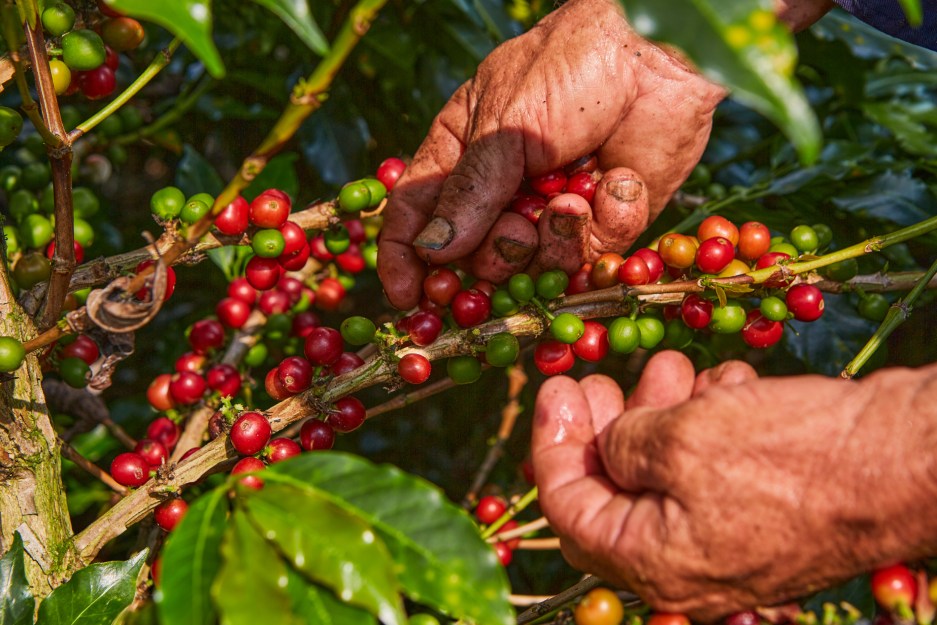
The World Barista Championship has long been a platform to showcase some of the world’s most interesting and unique coffees. In recent years, we’ve seen more and more competitors use “forgotten” arabica varieties – or even different coffee species – in their routines.
Looking at these coffees in particular, one of the most noticeable trends is that many are sourced from Colombia. Although the country certainly has a reputation for producing high-quality coffee, it appears that a small but growing number of Colombian farmers are selling rarer and lesser known varieties and species – which many WBC competitors are using in their performances.
Additionally, many of the Geshas used on the WBC stage over the past few years were grown in Colombia, too. So why have Colombian coffees become so popular in competitions? And is this trend likely to continue in the future?
To find out, I spoke with Elias Bayter at Forest Coffee, Maria Alejandra Escobar Huertas at Café Granja La Esperanza, and 2023 World Barista Championship runner-up Daniele Ricci. Read on to learn what they had to say.
You may also like our article on whether coffee competitions are moving away from Gesha.
Which coffees does Colombia grow?
According to the International Coffee Organisation, Colombia is the world’s third-largest producing country, as well as the largest producer of arabica. It’s estimated more than 550,000 smallholder families grow coffee across 17 different regions and departments in the country.
Colombia is also known for producing consistently high-quality and well-balanced arabica varieties. The country’s optimal growing temperatures, high altitudes, plentiful access to water, and rich volcanic soil result in ideal conditions for cultivating excellent coffee.
Common arabica varieties grown in Colombia include:
Typica – one of the most genetically and culturally important arabica varieties in the world
Bourbon – produces excellent cup quality when grown at high altitudes
Caturra – a natural mutation of Bourbon, with good yield and cup quality potential
Castillo – most common arabica variety in Colombia, developed for its resistance to leaf rust (or la roya)
As well as producing high-quality varieties, a growing number of Colombian coffee farmers have started to use more experimental processing methods to enhance sensory profiles even further.
Why are more World Barista Championship competitors using Colombian coffees?
At such prestigious events like the World Barista Championship, coffee professionals have long been using some of the most exclusive, top-scoring arabica varieties to showcase their unique and desirable flavour profiles. However, in recent years, it seems that more and more competitors have chosen Colombian coffees for their routines.
Elias Bayter is the co-owner of El Vergel Estates in Tolima, Colombia. He is also a managing partner and processing director at Forest Coffee – a Colombian specialty coffee exporter.
“I think a lot of WBC competitors are now using Colombian coffees because our approach to processing methods has evolved in many ways,” he says. “What’s more, there is so much diversity in terms of varieties, climate, and topography – positioning Colombia as a top producer of high-quality coffee.”
When have we seen Colombian coffees on the WBC stage?
Looking at World Barista Championships over the past few years, there have been many notable competitors who used Colombian coffees. Some of these include:
Italian barista Daniele Ricci, who placed second at the 2023 WBC. Daniele used a blend of Gesha and Caturra from Finca Milan
Australia’s Jack Simpson, who placed third at the 2023 WBC. Jack used Ombligon – a relatively unknown arabica variety – from Finca El Diviso
This year’s US Barista Champion Isaiah Sheese, who used Pink Bourbon sourced from Finca Bella Vista
The 2022 World Barista Champion Anthony Douglas, who used Sidra also from Finca El Diviso
The first-ever Colombian to win the WBC, 2021 Champion Diego Campos, who used Coffeea eugenioides – a “forgotten” coffee species from Finca Las Nubes, tipped as the new darling of specialty coffee
Several other competitors used Colombian eugenioides at the 2021 WBC, including runner-up Andrea Allen and Australia’s Hugh Kelly, who placed third
Maria Alejandra Escobar Huertas is the Marketing Director at Café Granja La Esperanza – a prominent coffee farm in Colombia. Like Elias, she also believes that new processing techniques are driving more WBC competitors to use Colombian coffees.
“Not only are new varieties helping to increase the popularity of Colombian coffees, innovation in post-harvest processing is also key,” she says.
Has Colombia started growing more high-end varieties?
Although Colombia is already known for producing high-quality varieties like Castillo, Typica, Bourbon, and Caturra, a seemingly growing number of more exclusive and high-end coffees have been recently emerging from the country.
Along with Gesha – which Colombia is starting to grow more of – other rare varieties and species produced in Colombia include:
Sidra – developed using native Ethiopian varieties and Bourbon
Pink Bourbon – a hybrid between yellow Bourbon and red Bourbon
Ombligon
Eugenioides
Java – a selection from an Ethiopian landrace population called Abysinia first introduced to Latin America in the early 1990s
Pacamara – originated from a cross between Pacas and Maragogype, and known for its large bean size
Sudan Rume – rare Bourbon variety, most notably used by 2015 World Barista Champion Sasa Sestic
“Some Colombian producers start by planting Gesha and Pink Bourbon as new varieties on their farms,” Elias says. “There are also many natural mutations, which can quickly become part of the up-and-coming varieties because they’re more unique.”
Daniele Ricci is a barista at MAME Coffee in Zurich, Switzerland.
“I have tasted many varieties from Colombia, and the standard of quality is amazing,” he tells me. “I have had the opportunity to try Pink Bourbon, Sidra, Mokka, Sudan Rume, and of course Gesha and Caturra – which I used in my 2023 WBC routine.”
“Famous” coffee producers
In addition to varieties with excellent cup potential and innovative processing methods, Colombia is home to some of the most well-known farms and estates in specialty coffee. Many WBC competitors have sourced coffees from these farms – helping to establish their reputations even further.
“A coffee from La Palma y El Tucan won the 2019 WBC, while Finca Los Nubes won in 2021, and El Diviso in 2022,” Daniele says. “I have used coffees from Cafè Granja La Esperanza in three different national competitions, too – I find their coffees to taste incredible.”
Elias tells me the hard work and dedication of Colombian coffee producers has helped them to become more acknowledged in the global specialty coffee sector.
“I think these farms are well-known because they focus on developing higher-quality coffees using innovative processing methods and growing new varieties,” he explains. “It’s a lot of hard work, but the competitions are a way for farmers to showcase their coffees.”
Could we see this trend continue in the coming years?
With innovation showing no signs of slowing down in Colombia’s specialty coffee sector, it’s safe to assume many World Barista Championship competitors will continue to use Colombian coffees.
“Colombia grows excellent coffees even without using experimental processing or fermentation techniques,” Daniele says. “But new and emerging trends also influence competitors, as well as any rule changes made in the year they will be competing.
“Also, farmers in Colombia are implementing so many new harvesting and processing techniques that it will take years for us to taste the results,” he adds.
Elias agrees, saying: “I think a new trend that will become more popular is farms developing their own varieties by planting seeds from the same tree for five generations. This is so it becomes a natural mutation which is unique to the farm.
“There are so many producers in Colombia – ranging from small to large – who are approaching processing methods in a really innovative way,” he adds. “This gives WBC competitors who use these coffees more of an edge.”
With such a prominent spotlight on Colombia, more and more groundbreaking industry events are taking place in the country, such as PRF Colombia, which will be held on 14 and 15 September 2023 at the Plaza Mayor venue in Medellín. In turn, Colombia’s reputation as a leading producer of high-quality arabica will only continue to grow.
Maria, meanwhile, says that Colombia is starting to grow more “boutique” coffees similar to Panama and El Salvador – further solidifying its place as a popular origin for WBC competitors.
“Thanks to the country’s rich history of coffee production – as well as the many growing regions – we will continue to innovate and evolve,” she tells me.
Other prominent countries at the WBC
Aside from Colombia, Panama has been a favourite among World Barista Championship competitors for some time now. Producing some of the finest Geshas in the world, Panamanian coffees are prized for their delicate and complex flavour profiles – and thereby perform well on the WBC stage.
But are there any producing countries which we could potentially see more of at the World Barista Championship?
“Some Central and South American countries, like Guatemala and Ecuador, produce excellent quality coffees,” Maria says.
Daniele, meanwhile, tells me: “Brazil will definitely prove that it’s not just about quantity, and some Asia-Pacific producing countries may also become more popular.”
Colombia certainly has potential to remain a firm favourite among World Barista Championship competitors – especially with so many new and exciting arabica varieties and processing methods.
However, at the same time, we also need to pay attention to other producing countries in Latin America and beyond – and see if they can build a similar reputation to Colombia, too.
Enjoyed this? Then read our article on the PRF Colombia final-line up.
Photo credits: Specialty Coffee Association, Café Granja La Esperanza
Perfect Daily Grind
Want to read more articles like this? Sign up for our newsletter!
The post Why are Colombian coffees becoming so popular at the World Barista Championship? appeared first on Perfect Daily Grind.
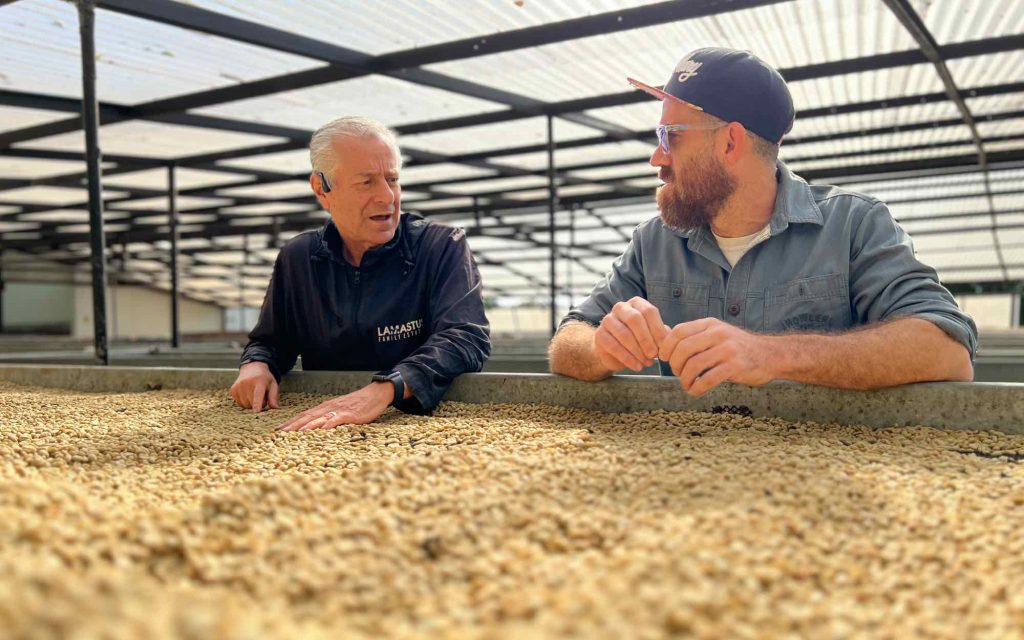
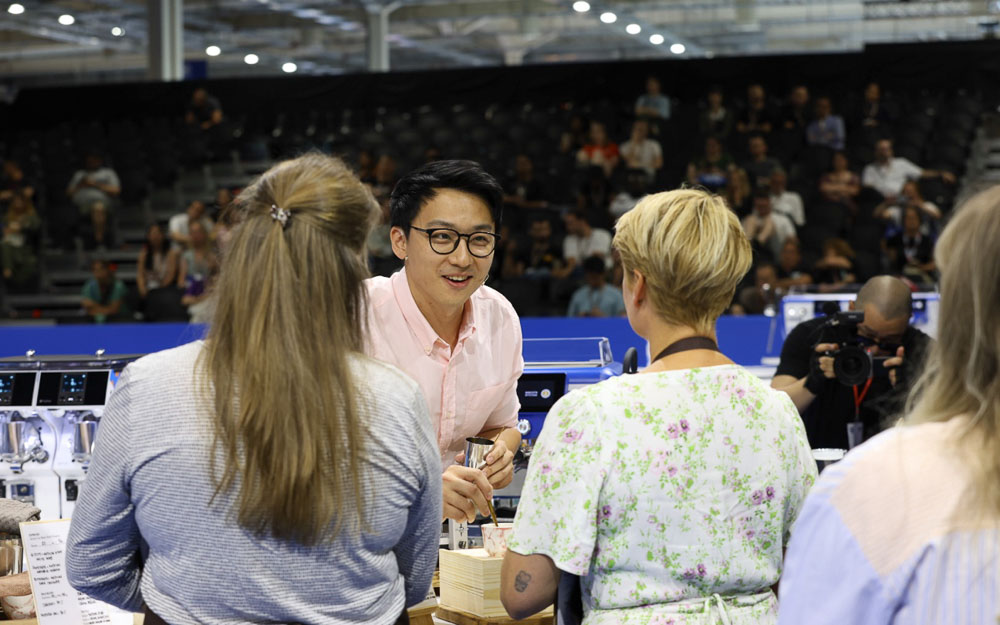
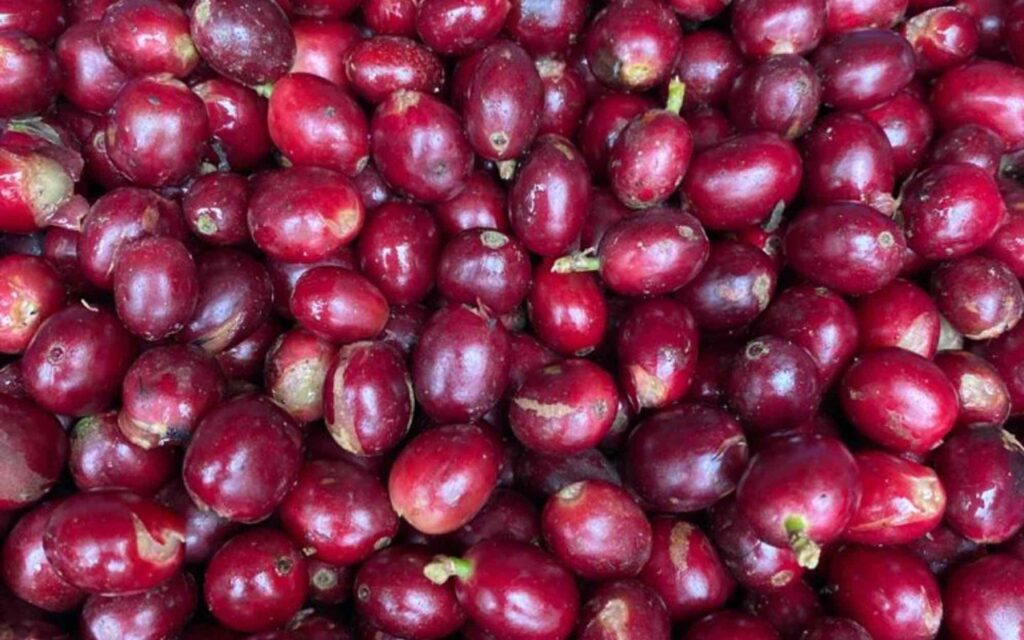
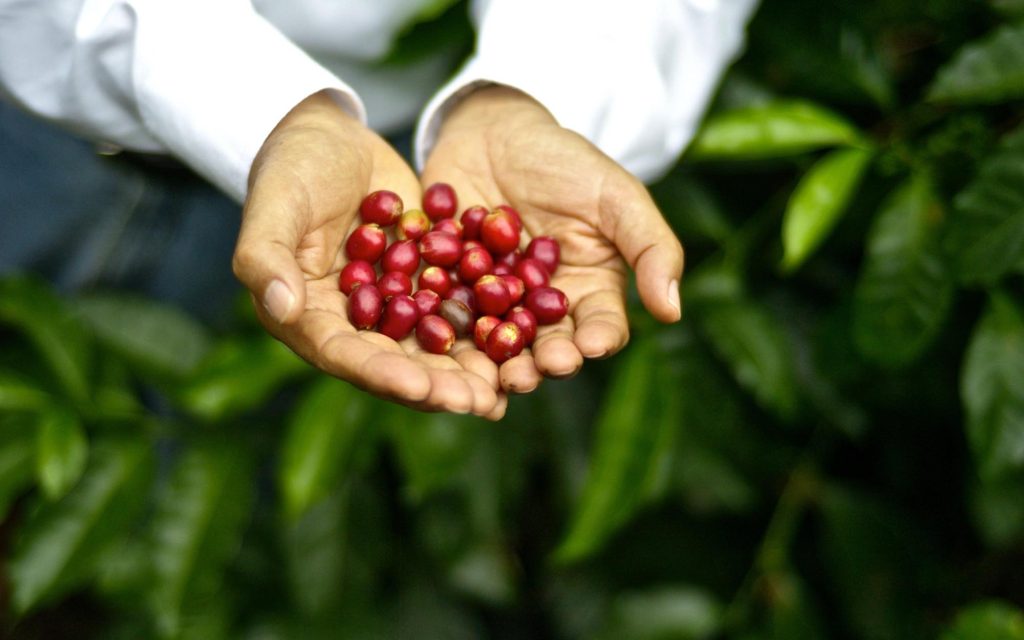
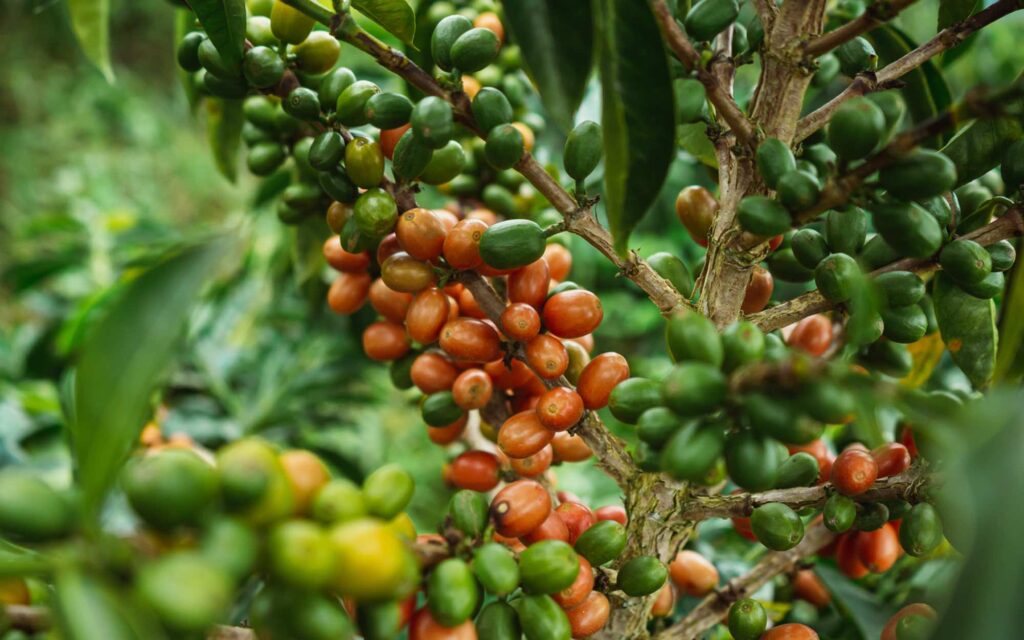
Responses